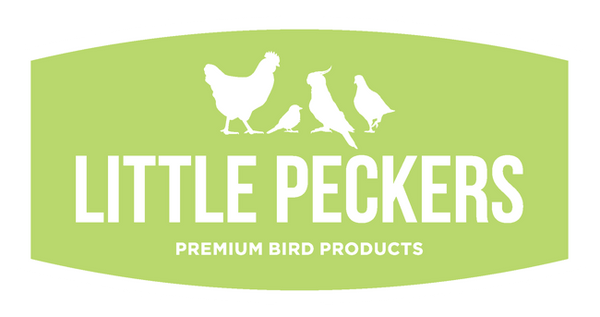Slugs are uniquely unappealing creatures. Some people can't even bare to touch them. They are also voracious eaters of garden plants so you could say that they are the arch enemy of gardeners. But don't kill your slugs! These slimy little creatures are vital to the ecosystem and they are the perfect meal for many of your garden birds. It's time to learn to live with slugs!
The Benefits of Garden Slugs
It's true that many British gardens offer something of a free banquet for slugs, especially in spring when there is so much lush new growth. Our gardens are a veritable slug buffet and it is tempting to cover our backyards with a liberal does of slug pellets. Pellets are big business but should be left on the shops' shelves. If you are keen to help the environment and to see more birds in your garden, you would be best to leave your slugs alone.
Slugs and Garden Birds
Birds, hedgehogs and slow worms all appreciate a plump slug for dinner. Embrace your slugs and your garden will be a more interesting and vibrant place. But what about your precious plants? If you would rather that the slugs did not feast on the lettuce you are growing for summer salads or the bedding plants that are set to create a colourful display in your garden, there are things you can do which do not involve the use of slug pellets.
Protecting Your Plants
Copper barriers are highly effective slug deterrents because if a slug tries to cross one, it receives an 'electric shock', forcing it to retreat. If you place copper rings around vulnerable plants, or stick copper tape around the rim of your pots you will create a force field that the slugs will not cross.
Alternatively sprinkle bran around your plants. Slugs love bran and will readily gorge on it. They then become bloated and dehydrated, and can't retreat to their hiding places. This makes them extremely easy pickings for your garden birds. But make sure that the bran doesn't get wet otherwise this trick doesn't work!
Slugs don't like slithering over horticultural grit as it is a rough and uncomfortable surface so sprinkling some of this material around your plants should keep the slugs away from the plants that you wish to protect.
Maintain the Food Chain
Your garden, no matter how small, is a fabulous ecosystem which can host hundreds of species and help to ensure that wildlife prospers. But if you kill the critters at the bottom of the food chain, you will negatively impact your more interesting visitors. You might have to accept a little collateral damage in the shape of lost lettuce leaves, but it will be worth it.
To encourage even more animals into your garden, cut a hole in your fence for hedgehogs to pass through, create a compost heap, construct a wildlife pond and plant flowers which provide nectar for invertebrates. Insects are important too!

